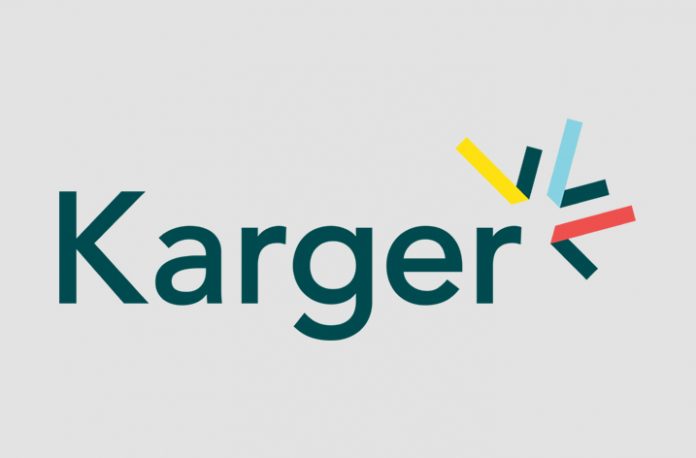
Karger Publishers has further expanded its Open Access journal portfolio and Open Science practices, enhancing options for open communications in health sciences.
Karger Publishers has “flipped,” or converted, the journals Pulse and Human Heredityfrom the subscription model to Open Access (OA) for 2022. In the past few years, Karger Publishers has flipped over a dozen journals to OA, which now comprises about a third of the overall journal program. All other Karger Publishers journals are hybrid OA, which means they are subscription journals in which authors may choose to publish their articles as OA. Seven hybrid journals are also Plan S-endorsed Transformative Journals, helping to further accelerate the sustainable transition to OA.
At the same time, Karger Publishers is continuing to adopt policies and activities to bolster Open Science practices for researchers and other communities. It recently implemented thorough guidance to support authors in making their research data freely available. It has also expanded its collaboration with preprint servers bioRxiv and medRxiv, giving authors of even more journals a quick and simple way to transfer papers as submissions.
Additional steps to put more OA and Open Science practices at researchers’ fingertips include more Transformative Agreements with research institutions, overhauling workflows and instituting the ChronosHub platform, and participating in the Initiative for Open Citations (I4OC) and Initiative for Open Abstracts (I4OA). Karger Publishers has also fully revamped its OA and Open Science web pages with the aim of making this essential yet complex information as straightforward, useful, and transparent as possible. It is also proud to once again be a gold-level sponsor of the Open Access Scholarly Publishing Association’s (OASPA) conference in 2021, thus helping to sustain this essential industry event.
“Karger is ‘open for Open,’ and we endeavor every day to optimize our stakeholders’ opportunities and experiences to make research culture more open, effective, and impactful,” said Beth Bayley, Open Science Manager at Karger Publishers.



























